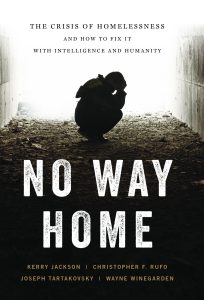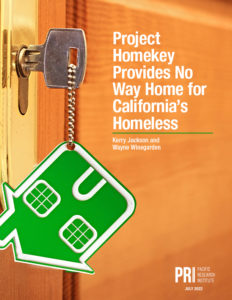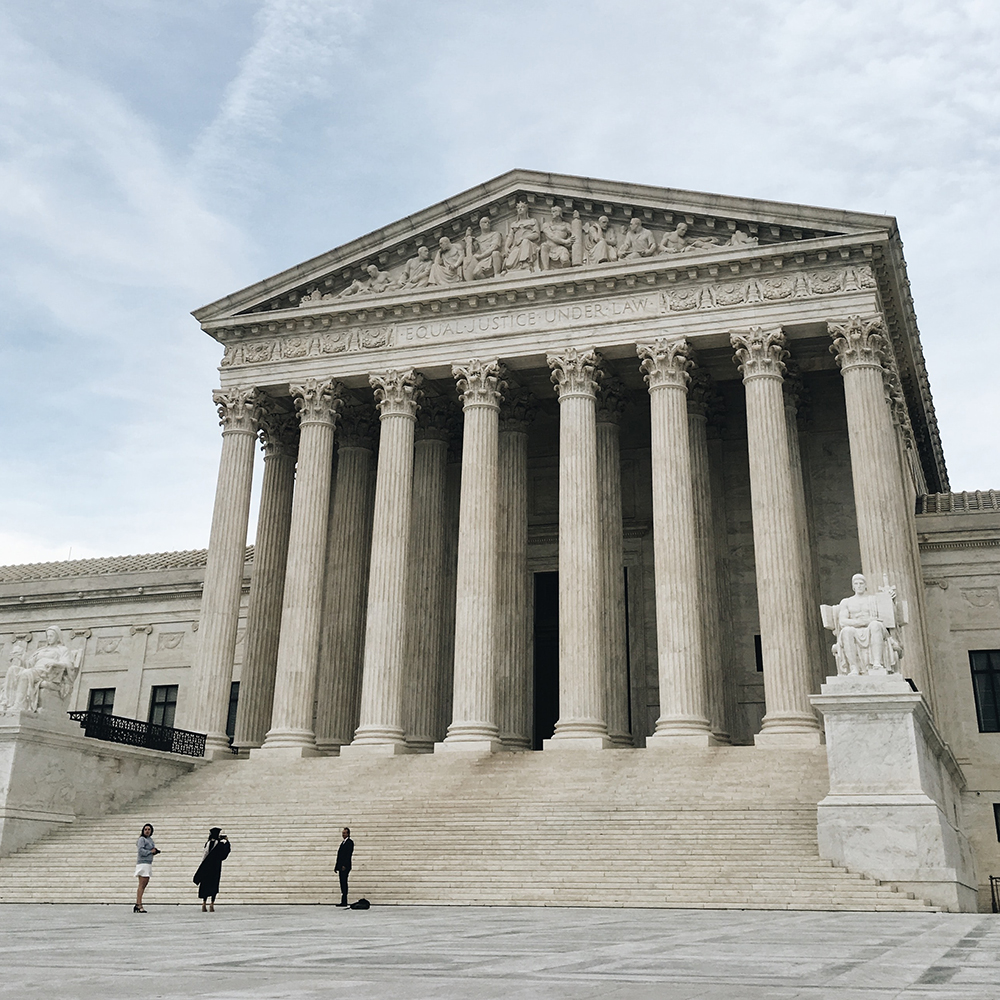PRI filed an amicus curiae brief in the case, which you can read by clicking here. The case involves efforts by the city of Grants Pass, Oregon to discourage sleeping and camping in public spaces. Homeless advocates sued the city, arguing that its methods were cruel and unusual punishment. The 9th Circuit Court of Appeal ruled that cities cannot enforce total sleeping and camping bans without sufficient shelter space to offer the homeless.

The brief, which was prepared and filed by attorney and PRI adjunct fellow in legal studies Erik Jaffe of Scherr | Jaffe LLP, made two key arguments.
- Anti-Vagrancy Laws Have a Long History of Enforcement: As noted in the brief, “anti-vagrancy laws come with a long historical pedigree” and that punishment for violating anti-vagrancy laws issued more than 100 years ago “were often far more severe than the mild penalties at issue here yet were not denounced as cruel and unusual.”
- California’s Homeless Problem Is Too Complex for Narrow Policy Choices: The brief also objected to the Ninth Circuit “using narrowly confined notions of involuntary behavior or unavoidable choices as the touchstone for deeming even the mildest punishment to be disproportionately cruel and unusual,” arguing this “is an overly simplistic approach to a complex social problem.”
The Supreme Court overturned the 9th Circuit in its ruling. Commenting on the decision, PRI senior fellow in business and economics Dr. Wayne Winegarden, who is a co-author of PRI’s book on California’s homeless crisis No Way Home, told the Northern California Record:
The Grants Pass decision eliminates a key obstacle that made it more difficult for cities and the state to address the homelessness crisis. Cities can now enforce no camping laws and have greater ability to help homeless individuals transition from the streets to a more stable housing situation.
PRI’s amicus brief has received significant media coverage in California and across the nation, including a mention by prominent national columnist George Will in an April column discussing the Grants Pass case, which was published in the Washington Post and printed in dozens of newspapers across the country.
Our victory at the Supreme Court is part of PRI’s ongoing work promoting private sector reforms to California’s homeless crisis. This work includes performing much-needed oversight of

ineffective big government homeless programs that are wasting billions and showcasing non-profit organizations that are doing a far better job than government in turning lives around.
Here are a few recent highlights of PRI’s work on homelessness:
- PRI produced some of the first research showing that Project Homekey – Gov. Newsom’s key anti-homelessness strategy – is costly, inefficient and not helping to reduce homelessness.
- Earlier this year, PRI’s Free Cities Center, which explores how to turn around urban centers through market-based ideas, published “Giving Housing Supply a Boost,” which argues that homelessness is a social problem compounded by exorbitant housing prices.
- Sacramento County District Attorney Thien Ho, who is suing the city of Sacramento over its failure to enforce anti-homelessness laws, was a featured speaker at PRI’s recent “California Ideas in Action” conference.

